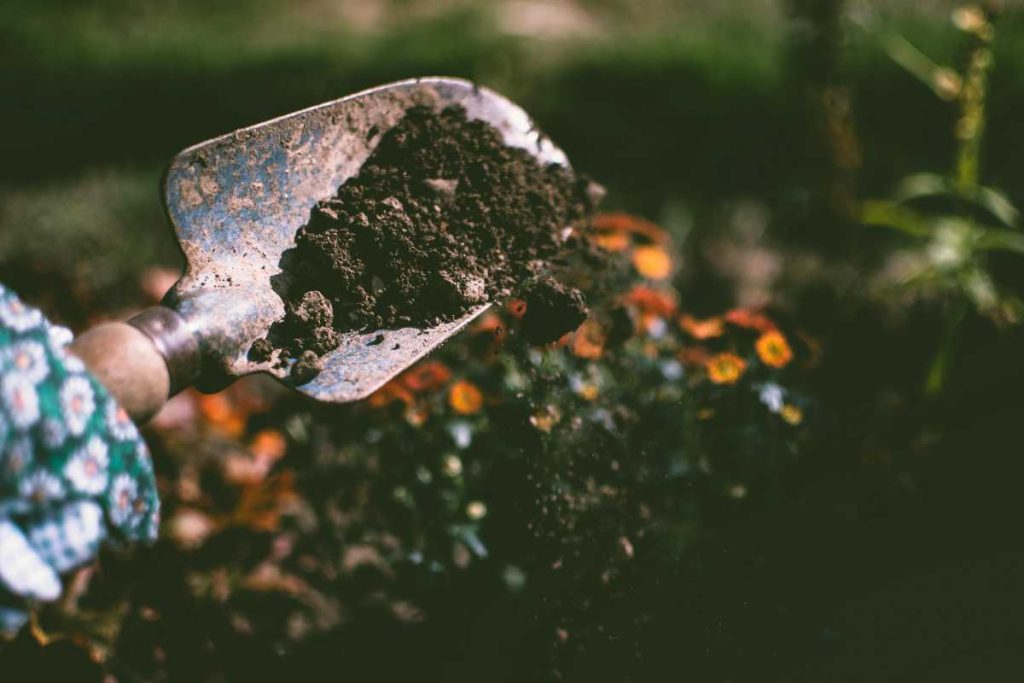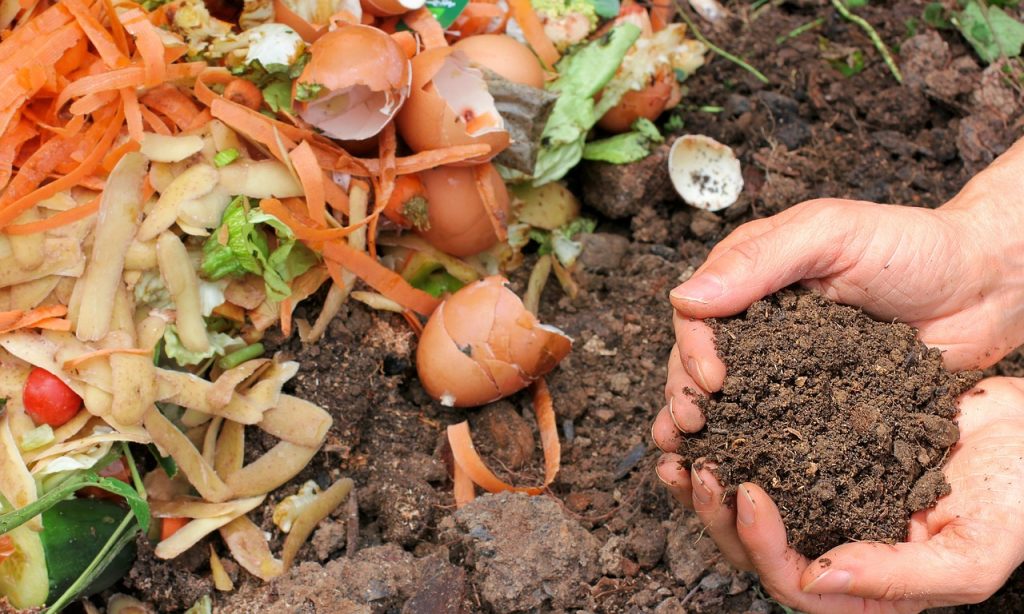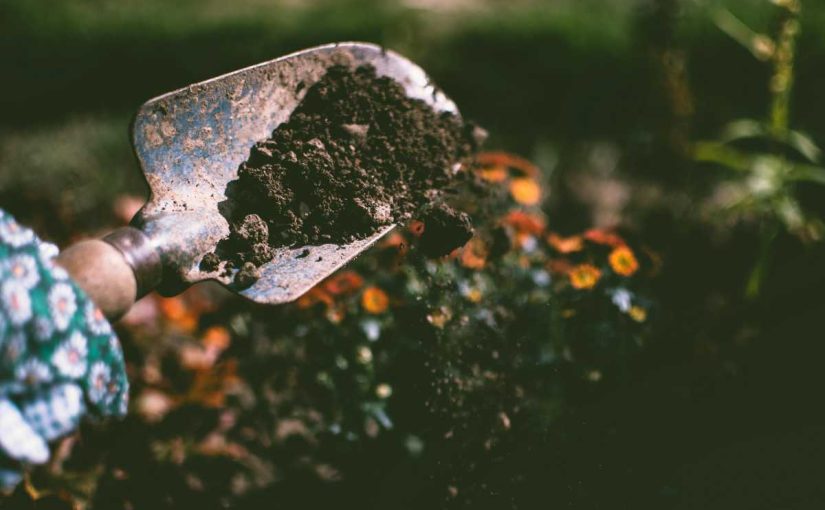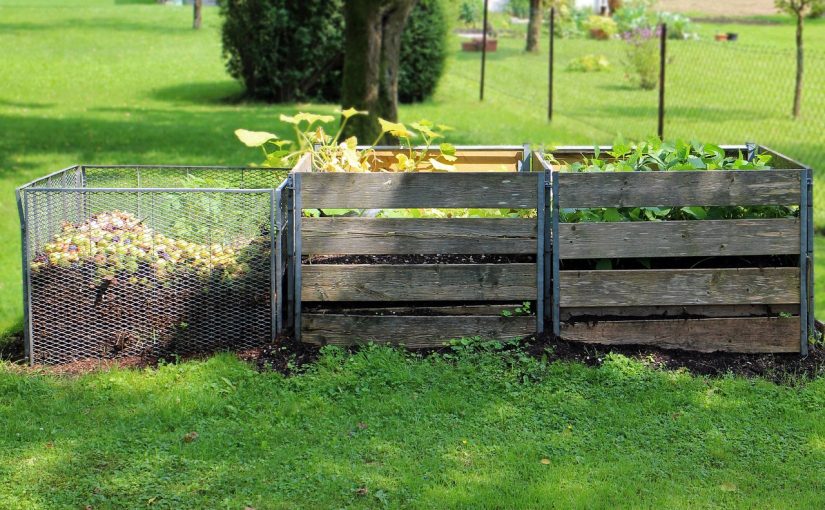Composting is an excellent way to recycle organic waste and enrich your garden soil, but did you know that certain natural additives can supercharge your compost and speed up the decomposition process? By incorporating specific materials into your compost, you can balance the carbon-to-nitrogen ratio, enhance microbial activity, and accelerate the breakdown of organic matter. If you’re looking to take your composting game to the next level, here are six natural additives that can work wonders for your compost pile.
1. Bone Meal: A Boost of Phosphorus
Why It’s Beneficial:
Bone meal is made from finely ground bones and is an excellent source of phosphorus, a vital nutrient for healthy root development in plants. Adding bone meal to your compost pile ensures that your final compost is rich in phosphorus, which is essential for plant growth, especially for promoting root systems.
How to Use It:
- Add to Compost: Sprinkle bone meal throughout your compost pile, mixing it in to evenly distribute the phosphorus.
- Amount: Use it in moderation—about 1 to 2 cups of bone meal per compost bin is sufficient.
- Timing: Bone meal breaks down slowly, so adding it early in the composting process is ideal.
Pro Tip: Bone meal also helps balance the pH of your compost, especially if it’s too acidic.
2. Wood Ash: Boosts Potassium and Raises pH
Why It’s Beneficial:
Wood ash is a rich source of potassium and calcium, which are essential for healthy plant growth. Potassium helps plants resist diseases and promotes strong stems and roots. Wood ash can also help raise the pH of acidic compost, making it more neutral and plant-friendly.
How to Use It:
- Add to Compost: Sprinkle wood ash on top of your compost pile, mixing it in gently. Be cautious not to add too much, as excessive wood ash can make your compost too alkaline.
- Amount: A handful of wood ash every week should be enough.
- Timing: Wood ash works well throughout the composting process.
Pro Tip: Wood ash should be used sparingly, especially if you live in an area with naturally alkaline soil, as it could make the compost too basic.
3. Coffee Grounds: A Nitrogen Boost
Why It’s Beneficial:
Coffee grounds are rich in nitrogen, making them an excellent addition to your compost pile to help balance the carbon-to-nitrogen ratio. They also contain micronutrients like magnesium, calcium, and potassium, which enhance soil fertility. Coffee grounds provide the necessary nitrogen to speed up decomposition and enrich the final compost.
How to Use It:
- Add to Compost: Add coffee grounds directly to the compost pile or spread them on the surface and turn them in.
- Amount: You can add coffee grounds freely, but it’s best to mix them with carbon-rich materials like leaves to prevent them from compacting and forming clumps.
- Timing: Coffee grounds break down quickly, so they can be added at any time during the composting process.
Pro Tip: Used coffee filters can be composted too, making them a great addition to your pile along with the grounds.
4. Eggshells: Source of Calcium and Trace Minerals
Why It’s Beneficial:
Eggshells are an excellent source of calcium, which is essential for strong plant cell walls and overall plant health. Calcium also helps neutralize acidic soil, improving the pH balance in your compost. In addition, eggshells provide trace minerals that help plants thrive.
How to Use It:
- Add to Compost: Crush eggshells before adding them to your compost pile to help them break down faster.
- Amount: You can add several dozen crushed eggshells over time, depending on your compost needs.
- Timing: Eggshells decompose slowly, so it’s best to add them early in the composting process.
Pro Tip: Eggshells can also help deter pests like slugs and snails in the garden once the compost is applied.

5. Seaweed: Nutrient-Rich and Full of Trace Elements
Why It’s Beneficial:
Seaweed is packed with essential nutrients like potassium, nitrogen, phosphorus, and trace elements such as iodine, iron, and magnesium. These nutrients help enrich your compost, promoting better plant growth and improving soil health. Seaweed also helps retain moisture in the compost, which is essential for healthy decomposition.
How to Use It:
- Add to Compost: You can add seaweed directly to your compost pile, whether it’s dried or fresh. If you’re using fresh seaweed, make sure to rinse it well to remove any salt that could harm your plants.
- Amount: A few handfuls of seaweed are sufficient for a small compost pile. You can increase the amount for larger piles.
- Timing: Seaweed can be added at any time and helps improve the overall quality of compost.
Pro Tip: Seaweed can be a great addition to composting systems in coastal areas, where it’s easy to collect.
6. Worm Castings: Natural Fertilizer and Microbe Booster
Why It’s Beneficial:
Worm castings, also known as vermicompost, are a nutrient-rich, natural fertilizer that enhances soil fertility. They are packed with beneficial microorganisms that break down organic matter and release essential nutrients. Adding worm castings to your compost helps improve the microbial activity in the pile, leading to faster and more efficient decomposition.
How to Use It:
- Add to Compost: Mix worm castings into your compost pile to boost microbial activity and improve the quality of your compost.
- Amount: A couple of handfuls of worm castings for every cubic foot of compost is sufficient.
- Timing: Worm castings can be added at any stage of composting, and they will continue to work as the pile decomposes.
Pro Tip: If you don’t have access to worm castings, you can create your own worm bin to produce this valuable additive.
Conclusion
Supercharging your compost with natural additives can significantly improve its quality and accelerate the decomposition process. Bone meal, wood ash, coffee grounds, eggshells, seaweed, and worm castings are just a few of the powerful natural materials that can boost your compost and enhance its nutrient content. By incorporating these additives into your composting routine, you’ll be able to create richer, more fertile soil for your garden, reducing waste and supporting sustainable gardening practices. Happy composting!




